The other day I visited yet another kindergarten classroom where the teachers called all the kids "Friends." "These four friends go to the water table," she said "and these four friends go to snack..." Somehow there's an urge to call all young kids friends.
The truth is they're not all friends. Just because they're all short, small and young doesn't mean they all like each other. Friendship is something to be treasured. Calling all kids in a classroom or playground "friends" is inaccurate and disrespectful.
A friend is someone to be valued and cherished. Someone who laughs at the same things, enjoys your ideas, keeps you company, sticks by you, disagrees and makes up. Friendships usually start around age 3 and form some of our most blessed bonds in life. We ought to reserve the word friend for describing real friends. Calling everyone a friend devalues the word. It also confuses kids who are just beginning to learn about friendship.
Think about Charlotte's Web. There are lots of animals in the barn, but they are just barn-mates. Charlotte and Fern are Wilbur's friends.
What to call them instead? Classmates, neighbors, children.
Why do some adults use the term "friends" indiscriminately?" I believe it's an earnest desire to create peace in the next generation. But it's a false peace. Kids only gain peace skills by practicing conflict mediation.
Just like adults, kids don't have to like every person they meet. It's OK to have favorites. It's healthy and natural. Let kids enjoy their first friendships --and treat others with respect.
"A friend may well be reckoned a masterpiece of nature." Ralph Waldo Emerson
How about you? Are you treating all your social media "friends" the same as real-life friendships? Are you neglecting your deep friendships?

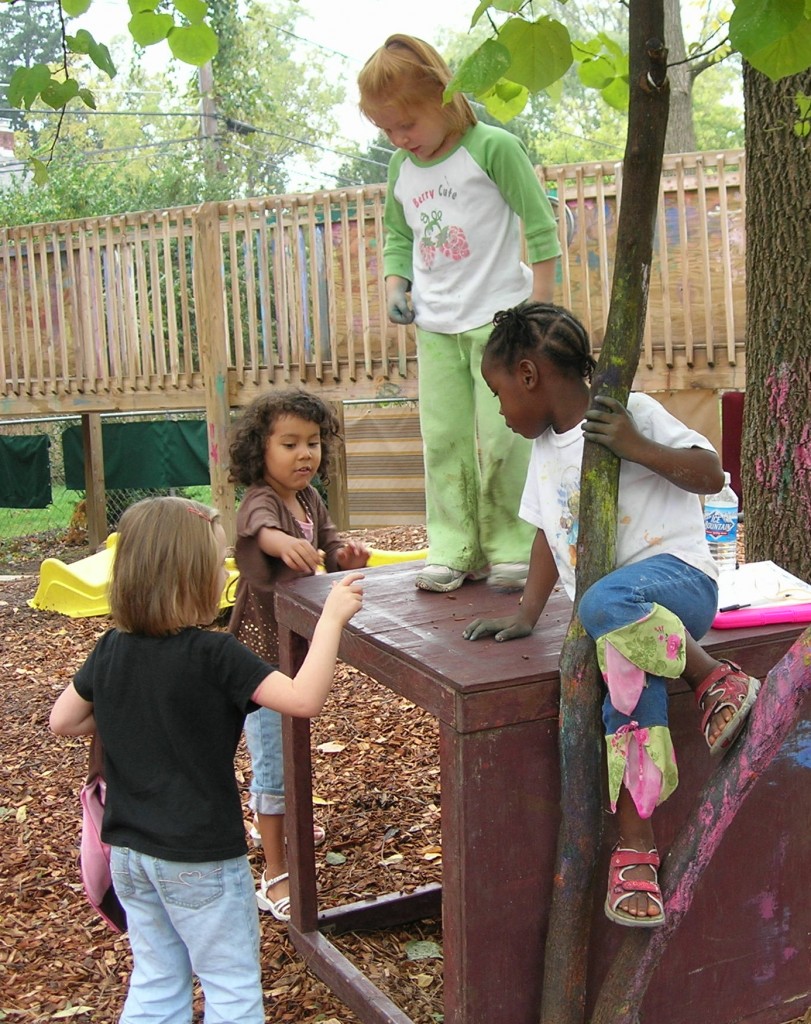
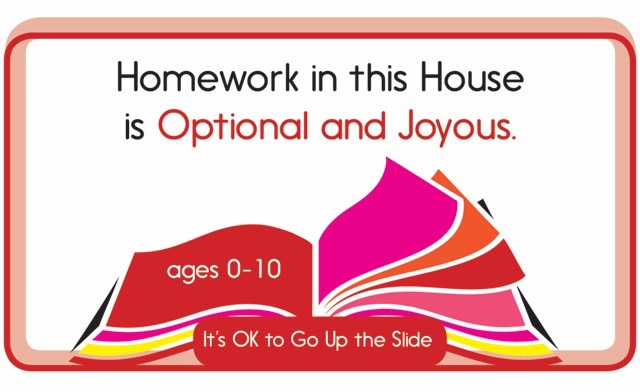
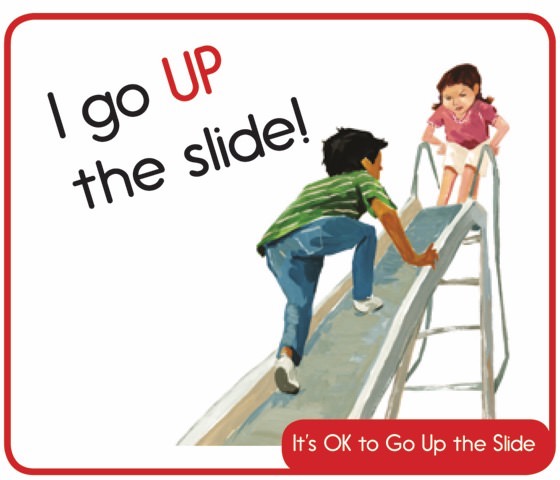
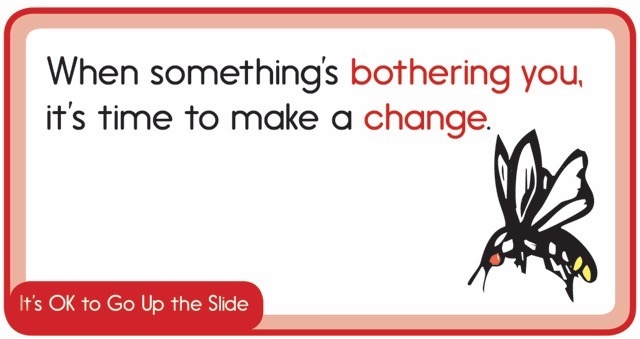
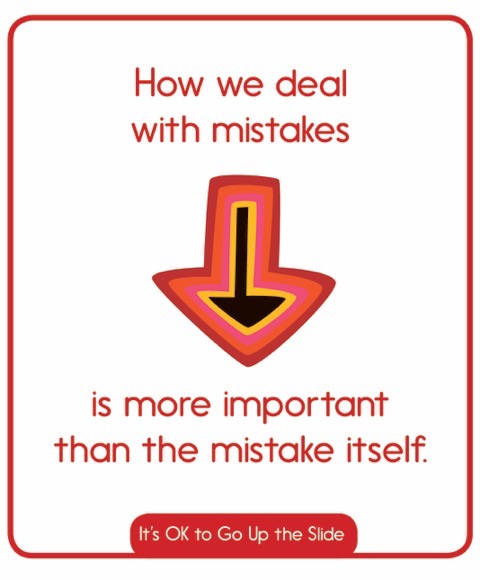
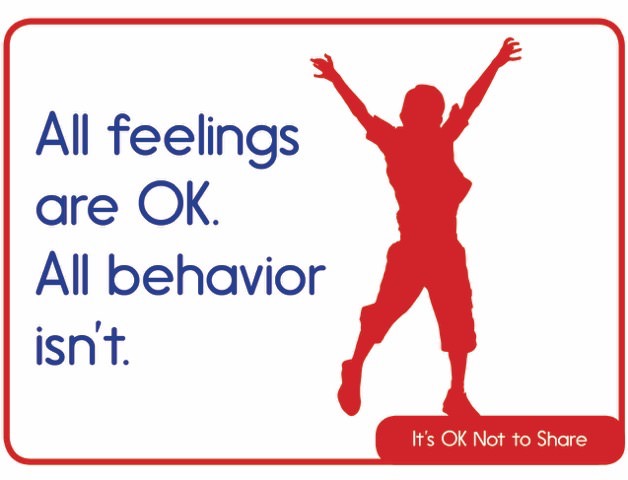
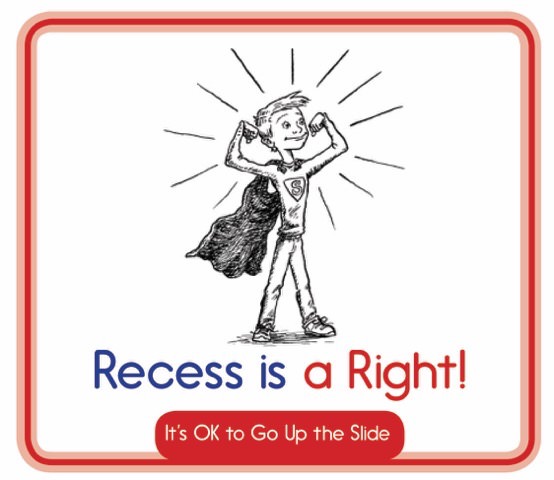
You are so ON POINT. Thanks for this little gem. Language does create our reality, and devaluing important words really should be guarded against.
Rick
Thanks, Rick. Glad it spoke to you!
Heather - I think a similar thing has happened with the words "love" and "awesome." They're used so often that they, too, have become "devalued." A true friend (as opposed to an acquaintance) is as you said, "someone to be valued and cherished."
You're right - it can happen to many words. Including swear words! Say it too much and it means nothing.
Heather, I can count my friends on one hand. Maybe that's because I moved so much as a kid and young adult. Now I limit my close relationships because it takes time to maintain them. These days I need most of my time for writing. So I go for quality, not quantity. It works for me.
Deborah, you're so right about true friends taking time. You are very wise to be able to count your friends on one hand.
Yes, good to teach this. There is really no difference, it seems to me, between the friendship of kids and that of adults. We sense who we're compatible with and we gravitate in that direction. Unlike "friending" on Facebook, it's not a choice. It's more instinctual than that. We "feel" a connection.
Friends are instinctual, as you say. Maybe that's why the subject is so touchy for adults. We don't know what to do with children's instincts.
Well said. I've never understood the whole kids have to be friends with every kid, kids can't have bad days and be cranky, they can't be tired and just want to spend the day lounging on the couch. We put pressure on them that we don't put on ourselves and other adults. Thanks for reminding us.
Thanks for your comment and stopping by! Yes, we often place higher expectations on children than we do for ourselves.
All I can do is echo what the other comments. Well-said, Heather.
I love this article! Have you any thoughts to share on whether or not to make your kids play with the neighbor kid who won't take the gentle hints that they don't want to play? I am having a hard time right now trying to figure out if I "force" my kids to play with this kid they can't get away from. I don't know what the alternative is because if my kids don't play with her it is perceived that they are being "mean" by excluding her.
Kristin, thanks for your comment. Yes, I do believe that children have the right to choose their own playmates or the right to play alone (and that means excluding people sometimes).
Exclusion does not have to be mean, but forcing kids typically backfires for all. This topic is huge. If you're struggling with it and would like to delve into ideas about social rejection and friendship skills, you'll find a whole section in my book to help guide you through exclusion issues. Gentle hints probably don't work; being direct can work better for everyone. Here's the link: https://heathershumaker.com/index.html
I think this is a ridiculous notion! Teachers are just trying to encourage friendship and respect among all of the students in our classes. This is reading WAY too much into it. Children do not need to be best friends with everyone, but they do need to learn how to play and work beside others. Let's face it...I the real world we don't always choose who we work with...
I agree with this so much. I love my son's school but this has always bothered me.
This is an interesting point. At my daughters preschool they do refer to the children as friends but I never took it to mean that they were all friends with each other. I took it as a way of the teacher saying you are all my friends; which I suppose isn't entirely accurate either. I was bothered by the language at first but it grew on me to be honest. I find inclusion to be a challenging topic with kids. I was a kindergarten teacher before staying home with my own kids. I remember my principal reading the book " You Can't Say You Can't Play". I was struck by the title but never read the book myself. Does it mean we force children to play with everyone? How do we allow children to have those preferences without causing pain to others? Children do use exclusion as a means of power and dominance. I suppose it really comes down to teaching children respect. While I agree simply calling everyone "friend" isn't the way to do it, I can certainly understand the good intentions behind the word.
[...] give them the opportunity to be tired of their peers without demanding that “everyone is friends here” all the [...]